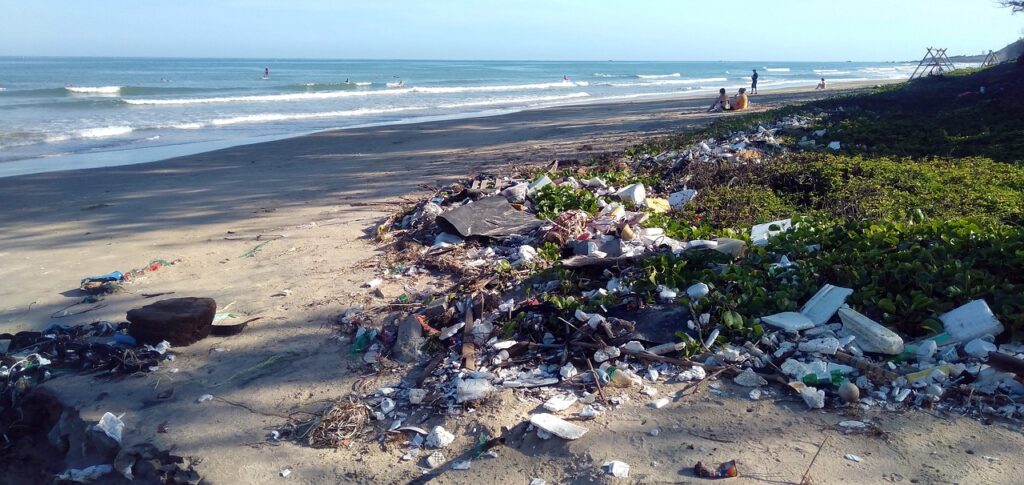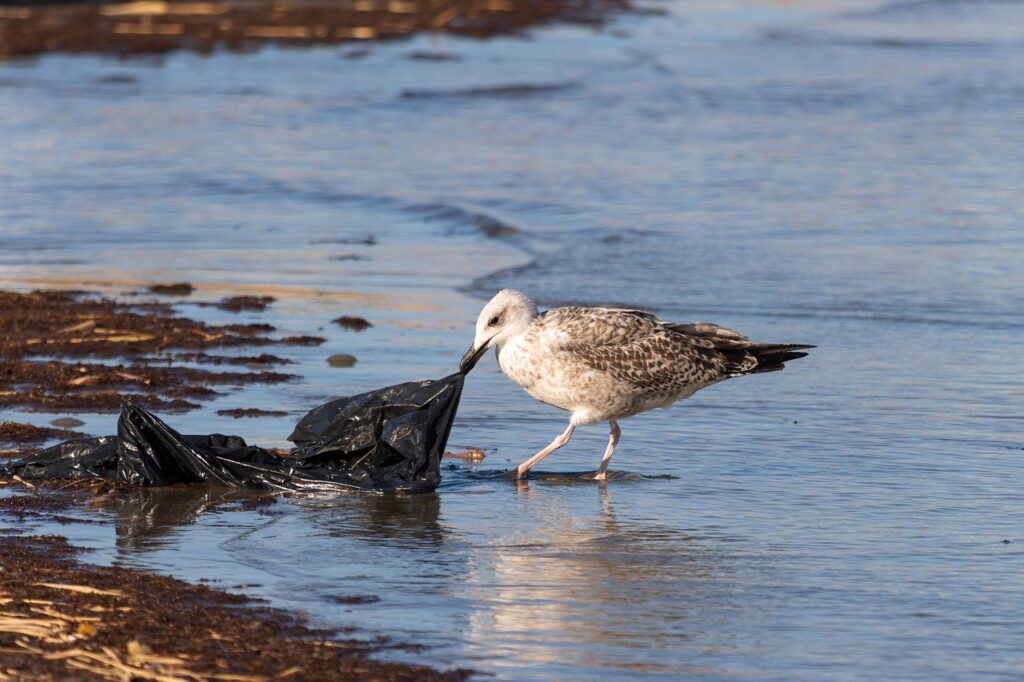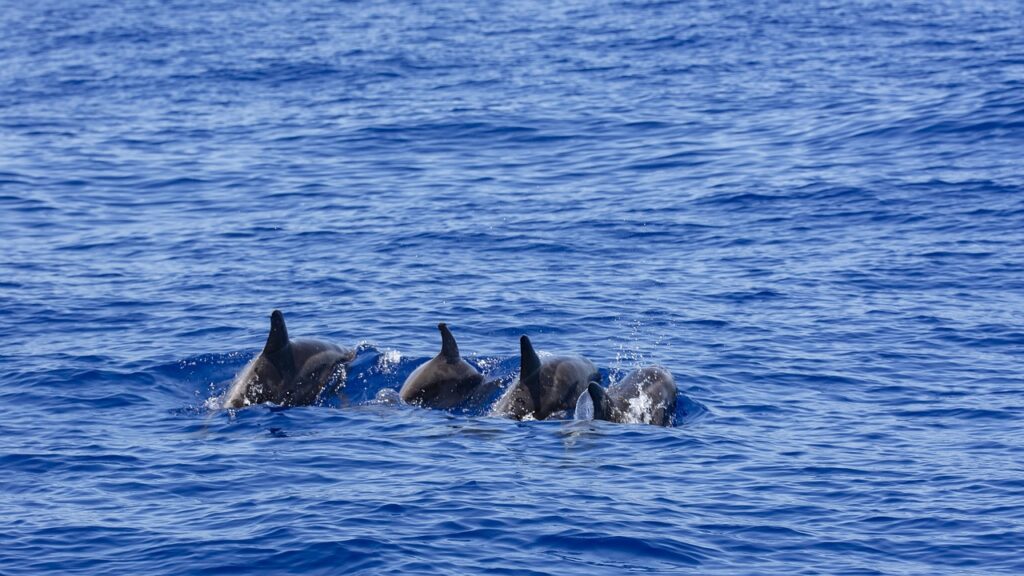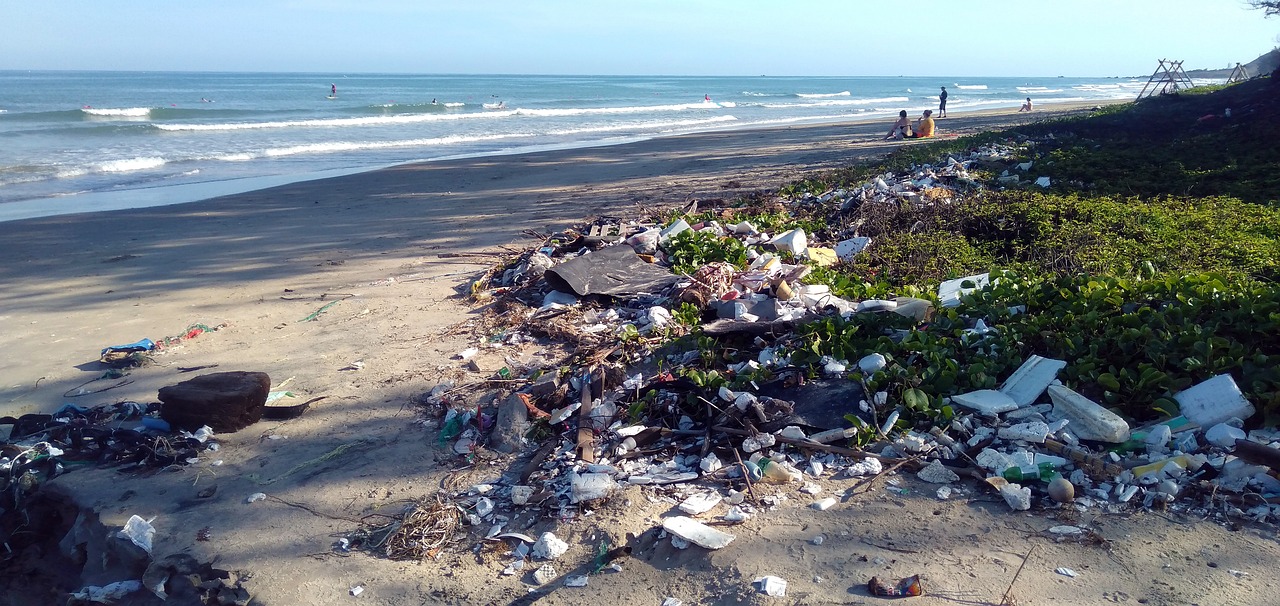Plastic Pollution is Serious

According to statistics, we have already lost 60% of terrestrial wildlife and 90% of big ocean fish. We are at risk of the extinction of one million species within this century.
Research states that, by 2050, plastic will likely outweigh all fish in the sea.
Plastic generally takes between 500-1000 years to degrade. Even then, it becomes microplastics, without fully degrading.
Unfortunately, plastic is continued to be of use and easily discarded because of its convenience.

The Emotional Intelligence
Plastic pollution harms animals when they come into contact with or ingest them, which include suffocation, entanglement, laceration, infections and internal injuries.
If one could understand the emotional intelligence of marine life, and how some species are just as dedicated to their families as humans, we might find it in ourselves to advocate for them.
Evidence has shown that marine species like whales pass down culture, teachings, and social skills to their young. Their ability to love and grieve for the loved ones in their pod is immense. Dolphins have also been found to be this emotionally intelligent.
Octopuses have also shown high emotional cognitive capabilities.

What can you do?
Stop buying plastic. At best, reuse the plastic as much as possible.
Ensure the plastic lands in recycle bins. Though recycling efforts have only contributed to 10% of change, it is still a better choice.
Start shopping with companies that do uses biodegradable material. Though biodegradable materials often still end up as microplastics, it is still a better choice.
Consider purchasing from companies that support the ‘go green’ lifestyle, companies that are contributing to the cleanup of the ocean.
Lifey.Me sells Men’s Shorts that with each purchase, 7 plastic bottles are upcycled, and a percentage of sales goes to The Ocean Cleanup organization. Check out our shorts here https://lifey.me/product-category/clothing-2/men/

Leave a Reply